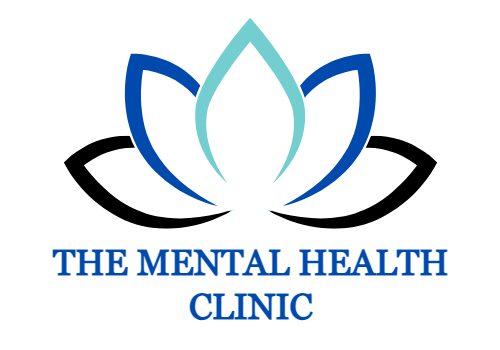Have you been struggling mentally or emotionally?
Do you find it difficult to cope with your days? Are you bogged down by concerns of the past or present and don’t know where to turn? Counseling may be the right approach for you.
What is Counseling?
Counseling, also referred to as therapy or psychotherapy, can be an incredibly helpful way to take care of your mental health. It’s a safe and confidential space where you can talk to a trained professional about your thoughts, feelings, and behaviors. Whether you’re faced with challenges or just need someone to talk to, a counselor can provide a listening ear and work with you to address your concerns. The counseling process is a collaborative effort between the counselor and the client to improve overall mental health and well-being.
Counseling can address a wide range of mental health concerns including:
Adjustment / Transitions
Anger Management
Anxiety & Panic
Bullying
Burnout
Career
Conflict/communication
Cultural Issues
Depression
Eating Concerns
Emotion regulation
Grief and loss
Gender Identity
Parenting
Phobias
Relationships
Self-esteem
Self-confidence
Separation/Divorce
Stress
Sexual Orientation/Transitions
Trauma
Workplace Issues
And more…
The Role of a Counselor
Counselors are trained professionals who diagnose and provide treatment for mental health concerns, emotional challenges, or psychological disorders. They are trained to actively listen, provide empathy and understanding. When it comes to addressing mental health concerns, counselors employ evidence-based techniques that assist clients in processing their emotions, developing effective coping strategies, and navigating through past or present traumas.
Some evidence-based techniques you may be exposed to during therapy include but are not limited to;
- Acceptance and Commitment Therapy
- Behavioral Therapy
- Cognitive Behavior Therapy
- Mindfulness-Based Therapy
- Narrative Therapy
- Psychodynamic Therapy
- Solution-Focused Therapy
Don’t worry if some if the mentioned approaches are unfamiliar. Trained therapists know how to tailor their methods to meet each client’s unique needs. You will be in good hands.
Benefits of Counseling
The primary benefit for some is finally understanding why they are feeling the way they are feeling! Through working with a counselor, individuals have the opportunity to talk about their thoughts, feelings and behaviors that others around them might not understand.
A counselor serves as a compassionate and non-judgmental listener, offering knowledge and emotional support during difficult experiences. During sessions, individuals can gain valuable insights about their symptoms and learn coping strategies to develop healthier ways of managing daily life. Counseling can also enhance self-awareness by helping individuals better understand their values, beliefs, and patterns of behavior. This self-awareness can lead to personal growth, improved decision-making, and greater self-empowerment.
Seeking help for mental health concerns can be difficult and overwhelming. But remember, taking care of yourself is important, and seeking help is a brave step towards healing and moving forward in life.
